“Tell me the story of the Bible in seven words”
I gulped. My old boss had really put me on the spot by asking our team to do this when I was still a young, inexperienced audio producer. “How can you possibly tell the story of the bible in 7 words?!” I thought.
But we gave it a go. The results weren’t that great, but the exercise really got us thinking about the best way to write something that’s going to be heard, rather than read. There’s an acronym that’s used for every aspiring audio producer – and it’s KISS – Keep It Short and Simple. Or as one very old school producer told me one time “keep it f*****g short and simple darling”!!!
KISS applies brilliantly to writing for podcasts.
Think about it – when you’re podcasting, you’re most likely speaking to someone who’s listening to you on headphones. Data from both the Simplecast and AdsWizz platforms show the smartphone is still the primary way most people listen to podcasts, at 63%.
Your listener is also very likely to be doing something else whilst listening to you.
A recent survey on podcast listening in the UK in 2022, found that 41% of people are doing the housework whilst listening, 21% are exercising, and 30% listen whilst commuting. It’s vitally important to keep their attention. If your listener hears you using flowery language, that needs to be read rather than said – they could go elsewhere.
Here are some top tips when it comes to writing scripts for your podcasts:
- Ask yourself – would you say this to your mates? Imagine you’re out with your friends, at the pub, or in a cafe, and you’re telling them about your latest podcast episode. Say it out loud – say it how you’d tell your friends, then write that down.
- If you feel weird doing that (and everyone feels weird doing that), try getting a photograph of someone you know and talk to them. Tell the person in the photograph about your podcast – then write that down.
- Read your script out loud, record it, then listen back to yourself. I guarantee you’ll find this an odd experience at the start – but it really is the quickest way to improve because you’ll be your own worst critic!
- Listeners want to know why they should stick around to hear what you’ve got to say so get to the point, and quickly.
- “Tease” the listener. Let your listener know what’s coming up – give them a reason to carry on listening.
Most importantly – play around with your scripts – every time you write something down, read it out loud – and have fun!

